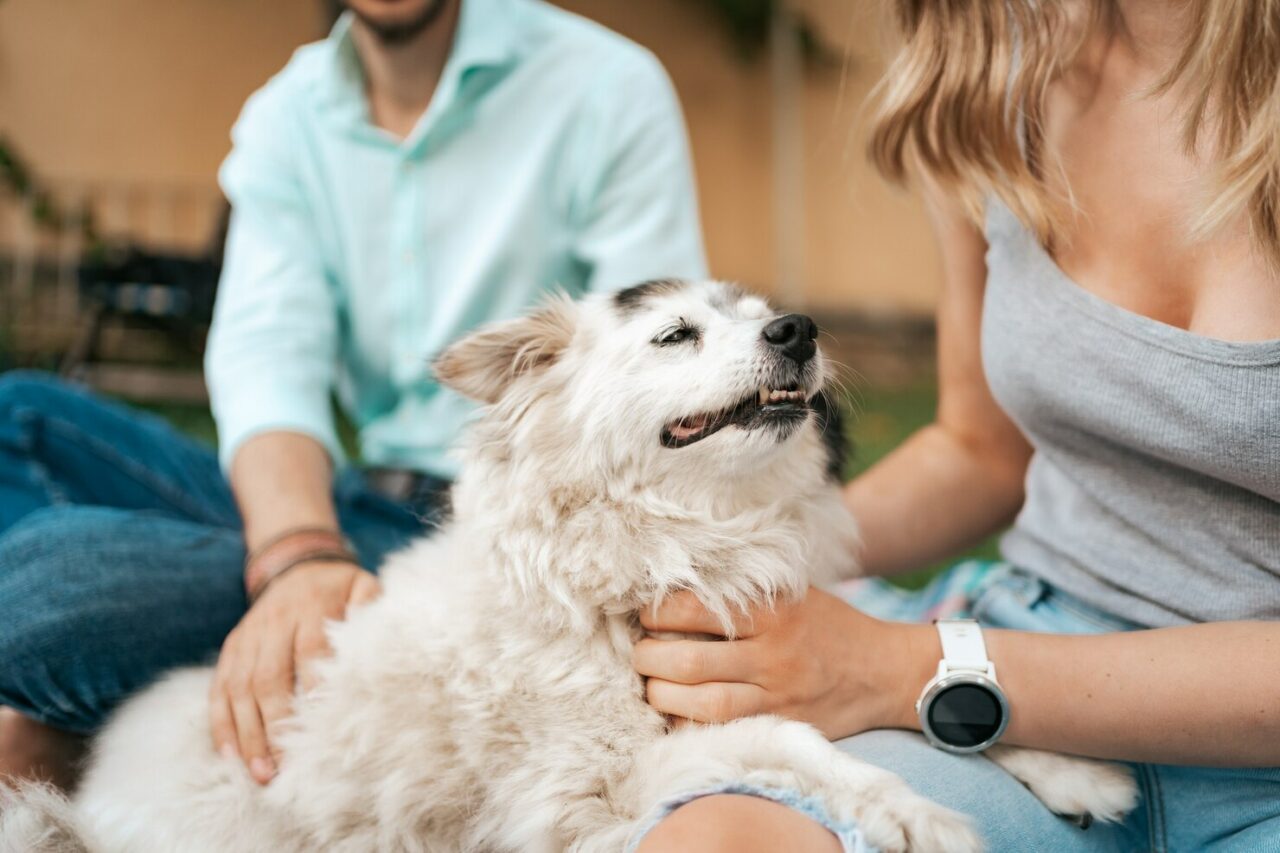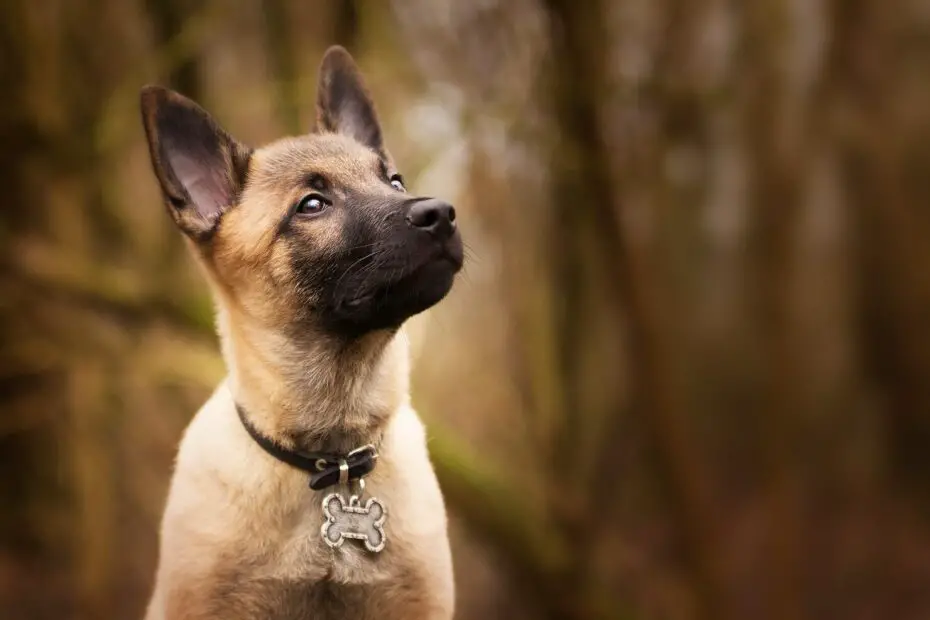The bond between humans and their pets is a unique and profound connection. Our furry, feathered, or scaled companions become cherished members of our families, offering us unconditional love, companionship, and solace. However, this special relationship inevitably comes with a heavy price—saying goodbye when our pets pass away. Coping with pet loss is a deeply personal journey that can be as challenging as mourning the loss of a human loved one.
In this blog, we will explore the grieving process and provide guidance on how to move forward after the loss of a beloved pet.
You may also want to know why dogs like sticks.
The Unique Bond Between Humans and Pets
Our pets hold a special place in our hearts, and the bond we share with them is like no other. They offer us unwavering loyalty, provide a sense of purpose, and offer comfort during difficult times. Whether it’s the wagging tail of a dog, the purring of a cat, or the cheerful chirping of a bird, our pets become an integral part of our daily lives.
This deep connection is often formed over years or even decades, making the loss of a pet a profoundly emotional and heart-wrenching experience. The grief that follows can be intense and overwhelming, but it’s essential to recognize that it’s entirely normal and a testament to the love and bond you shared with your pet.

Coping with Pet Loss
Grief is a complex and individual process that can manifest differently in each person. Coping with pet loss is no different. While there’s no one-size-fits-all approach to grieving, understanding the stages of grief can help you navigate this difficult journey:
1. Denial and Shock
The initial response to pet loss is often disbelief and shock. You may find it challenging to accept that your beloved pet is no longer with you. It’s common to expect them to walk through the door or jump on your bed as they used to.
2. Anger and Guilt
As the reality of the loss sets in, you may experience anger or guilt. You might question whether you did enough for your pet or if there was anything more you could have done. These emotions are a natural part of the grieving process.
3. Depression
Depression is a common and expected response to pet loss. You may feel overwhelming sadness, loneliness, and a sense of emptiness without your pet’s presence. It’s important to allow yourself to feel these emotions rather than suppress them.
4. Bargaining
During this stage, you may find yourself making deals or bargains in your mind, wishing for your pet to come back or for the pain to go away. It’s another natural way to cope with the loss, even if it’s not based in reality.
5. Acceptance
Ultimately, the grieving process leads to acceptance. This doesn’t mean you forget your pet or stop missing them, but it means that you begin to find ways to live with the loss and cherish the memories you shared.
Coping Strategies for Pet Loss
While grief is a personal and unique journey, there are coping strategies that can help you navigate the pain of pet loss:

1. Allow Yourself to Grieve
Grief is a natural response to loss, and it’s important to give yourself permission to grieve. Don’t rush the process or try to suppress your emotions. It’s okay to cry, reminisce, and feel the pain of loss.
2. Create a Memorial
Creating a memorial for your pet can be a healing way to honor their memory. Consider planting a tree, making a scrapbook, or even commissioning a piece of artwork in their honor. This tangible tribute can provide comfort and a sense of closure.
3. Seek Support
You don’t have to go through the grieving process alone. Share your feelings with friends and family who understand the bond you had with your pet. There are also support groups and pet loss hotlines where you can connect with others who are experiencing similar grief.
4. Maintain Routine
While it can be tempting to withdraw from daily life, maintaining your routine can be a helpful coping strategy. Keeping up with your responsibilities and daily activities can provide a sense of normalcy during a difficult time.
5. Consider a New Pet
There is no “right” time to bring a new pet into your life after a loss. Some people find comfort and healing in adopting a new pet relatively soon, while others need more time to grieve. If and when you decide to adopt again, it’s essential to understand that your new pet will never replace the one you lost but can bring joy and companionship in a different way.
6. Create a Legacy
Consider creating a legacy for your pet by donating to a charitable organization or animal rescue in their name. Helping other animals in need can be a meaningful way to honor your pet’s memory and give their life a sense of purpose.
Supporting Children and Other Pets
Grief affects not only adults but also children and other pets in the household. Here are some tips for supporting them through the grieving process:
Children:
- Be honest and age-appropriate in your explanations about pet loss.
- Encourage them to express their feelings and ask questions.
- Create a memorial or art project together to remember the pet.
- Let them participate in the decision-making process if you choose to adopt a new pet.
Other Pets:
- Pets can also grieve the loss of a companion. They may exhibit changes in behavior, appetite, or mood.
- Provide your remaining pets with extra attention and comfort during this time.
- Give them time to adjust to the absence of their companion.
Moving Forward: Healing and Remembering
While you may never fully “get over” the loss of a beloved pet, healing is possible. As time passes, you’ll find that the pain of pet loss becomes more manageable, and you can remember your furry friend with a smile instead of tears. Here are some ways to move forward while keeping your pet’s memory alive:
1. Create a Memory Book
Compile photos, stories, and mementos of your pet in a memory book or scrapbook. This can be a therapeutic way to celebrate their life and remember the joy they brought you.
2. Volunteer or Donate
Consider volunteering your time at a local animal shelter or donating to a pet-related charity. Helping other animals in need can be a healing way to pay tribute to your pet’s memory.
3. Establish a Ritual
Create a special ritual or ceremony to mark the anniversary of your pet’s passing or their birthday. Lighting a candle, visiting their resting place, or simply taking a moment of reflection can provide comfort and closure.
4. Share Your Pet’s Legacy
Share stories and anecdotes about your pet with friends and family. Keeping their memory alive through storytelling can be a meaningful way to honor them.
5. Seek Professional Help
If you find that your grief is overwhelming and interfering with your daily life, don’t hesitate to seek professional help. Therapists and counselors can provide guidance and support to help you cope with your loss.
Conclusion to Coping with Pet Loss
Coping with pet loss is a deeply personal journey that involves a range of emotions and challenges. It’s essential to recognize that grief is a natural response to the profound love and connection we share with our pets. While the pain may feel unbearable at times, it is possible to move forward while keeping your pet’s memory alive.
Remember that there is no right or wrong way to grieve, and healing takes time. Allow yourself to feel the emotions that arise and seek support from friends, family, or support groups. Ultimately, the love and companionship you shared with your pet will remain in your heart, a testament to the enduring bond between humans and animals.
